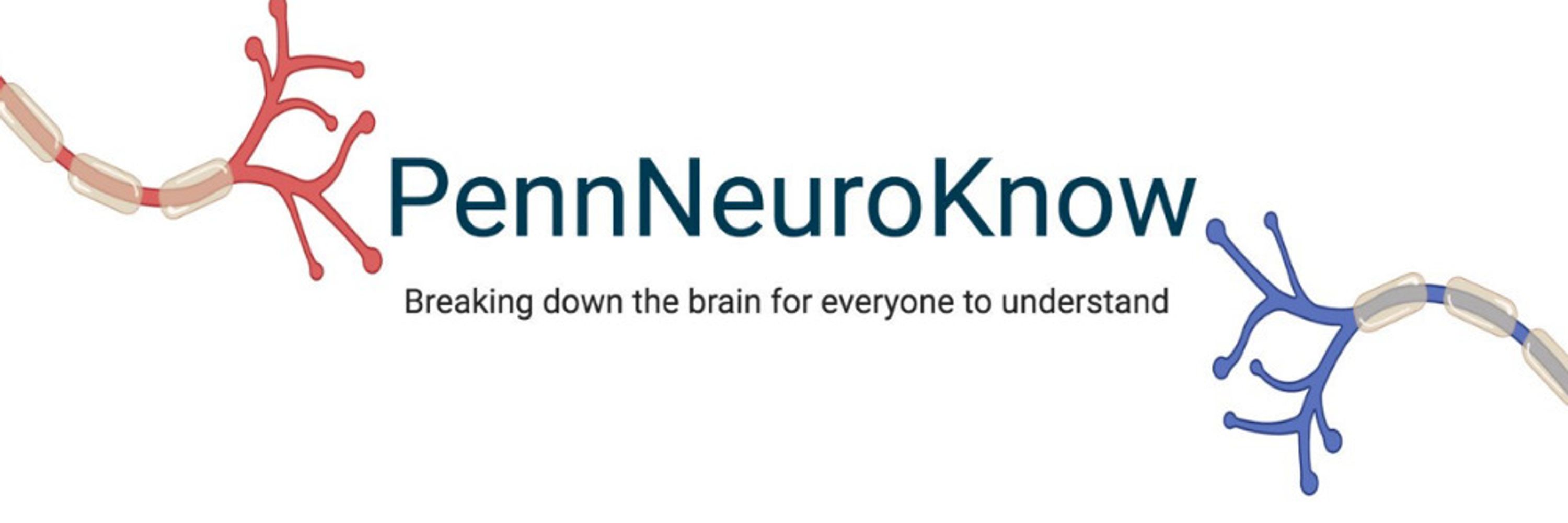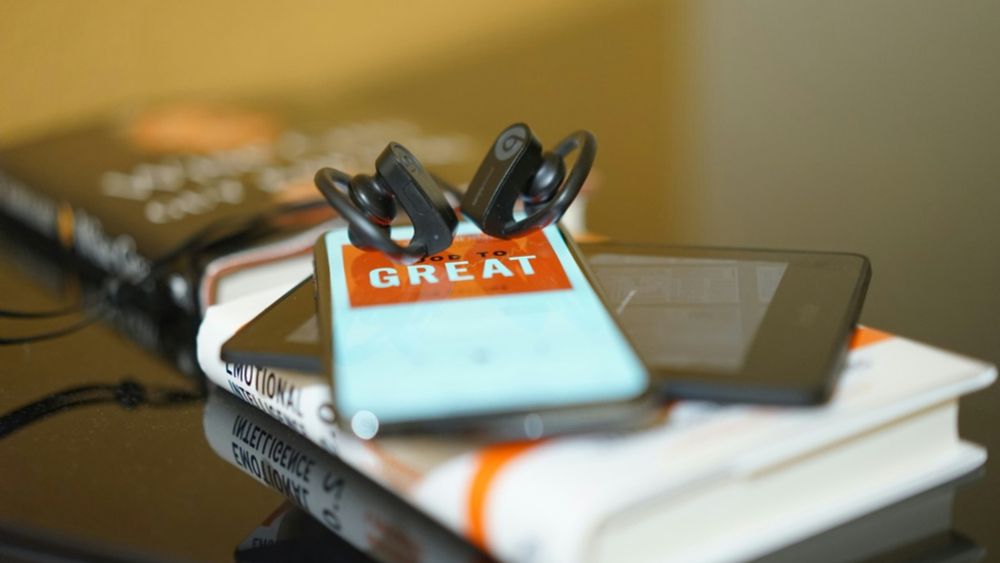Penn NeuroKnow 🧠
@pennneuroknow.bsky.social
950 followers
88 following
130 posts
Weekly neuroscience blog written by PhD students at the University of Pennsylvania breaking down the brain for everyone to understand.
Visit our blog: https://pennneuroknow.com/
Posts
Media
Videos
Starter Packs
Reposted by Penn NeuroKnow 🧠
Reposted by Penn NeuroKnow 🧠
Reposted by Penn NeuroKnow 🧠
















